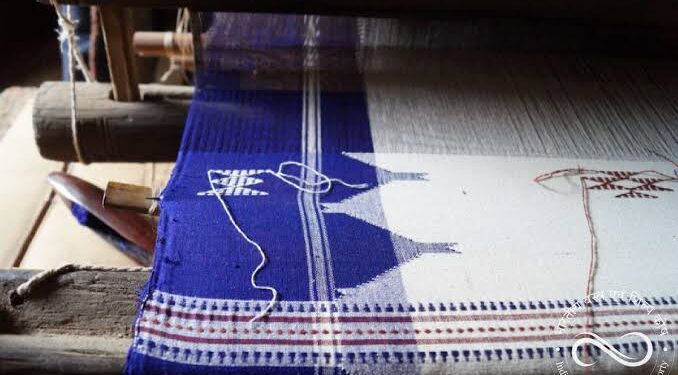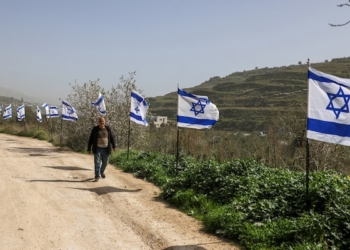On the occasion of National Handloom Day, the Odisha government has launched a renewed initiative to empower tribal women in the Kotpad block of Koraput district through the promotion and production of Mirigan textile, a traditional handwoven fabric known for its organic dyeing process and intricate tribal motifs.
The initiative, led by the local administration, provides tailoring and weaving training to women and young girls, enabling them to independently create, stitch, and market handloom products. These include a variety of items such as face masks, scarves, frocks, vanity bags, jackets, and designer shirts, with nearly 19 different products already developed using this indigenous fabric.
“The distinct patterns and borders of Mirigan textile attract customers, especially women,” said artist Madhusmita Mishra, who is part of the training program. Another artisan, Saraswati Gouda, who started stitching dresses after passing her matriculation, noted, “We bought textiles from Kotpad and gave them new forms.”
The initiative is not only reviving the traditional craft but also aiming to provide sustainable livelihood to local women. As demand for handloom products like Sambalpuri, Bomkai silk, and now Mirigan textiles grows, the government seeks to turn this into a movement of self-reliance and cultural preservation.
According to Shakti Mohapatra, BDO of Jeypore block, the Panchayat Samiti workshop has been thematically decorated with Mirigan textiles to raise awareness. “We plan to train 50 women in each batch in stitching. Centers like ‘Barnika House’ and group production units will be established for mass production and skill-building,” he stated.
By integrating cultural heritage with economic empowerment, Odisha’s efforts signal a broader push to preserve indigenous crafts while advancing gender-inclusive development in tribal regions.





























